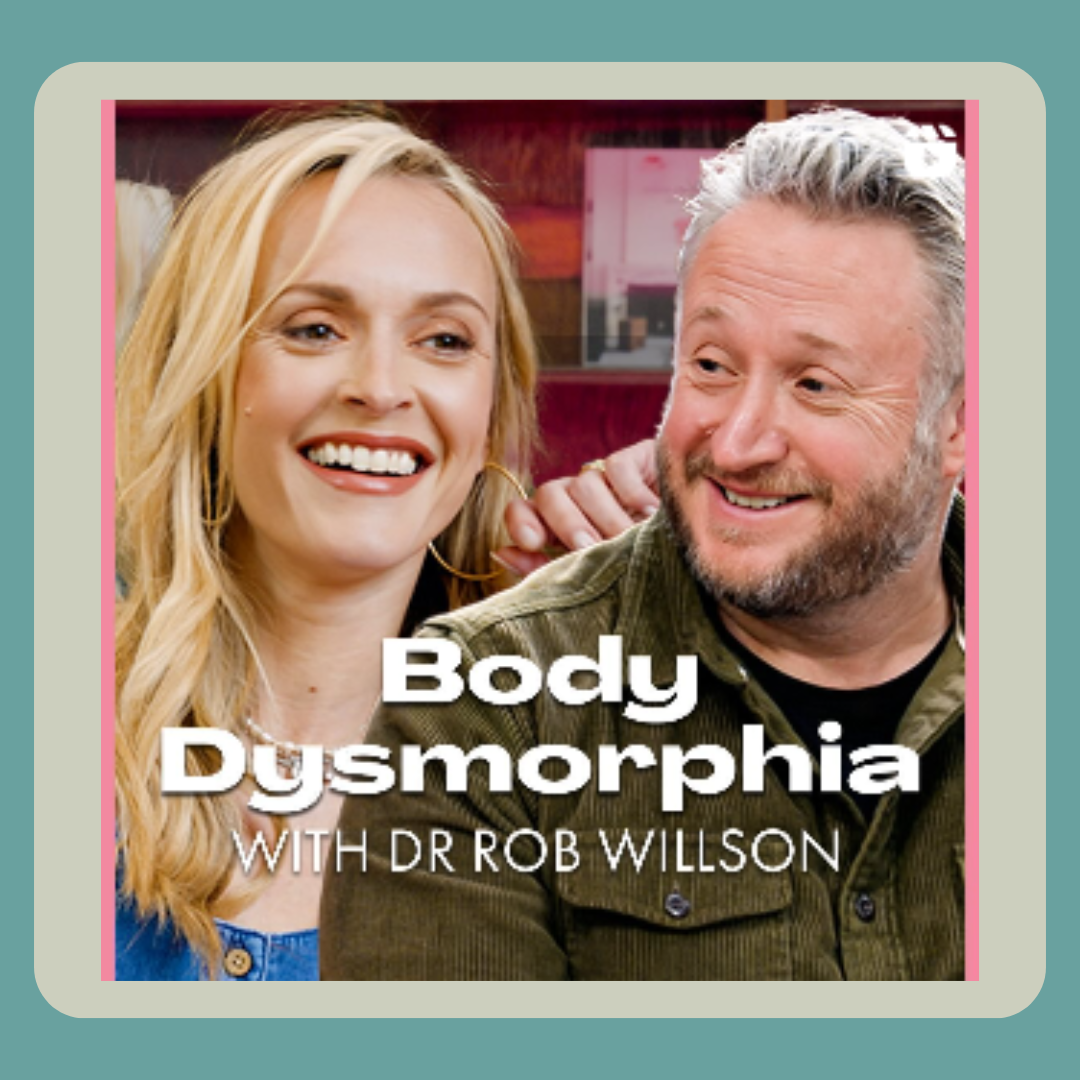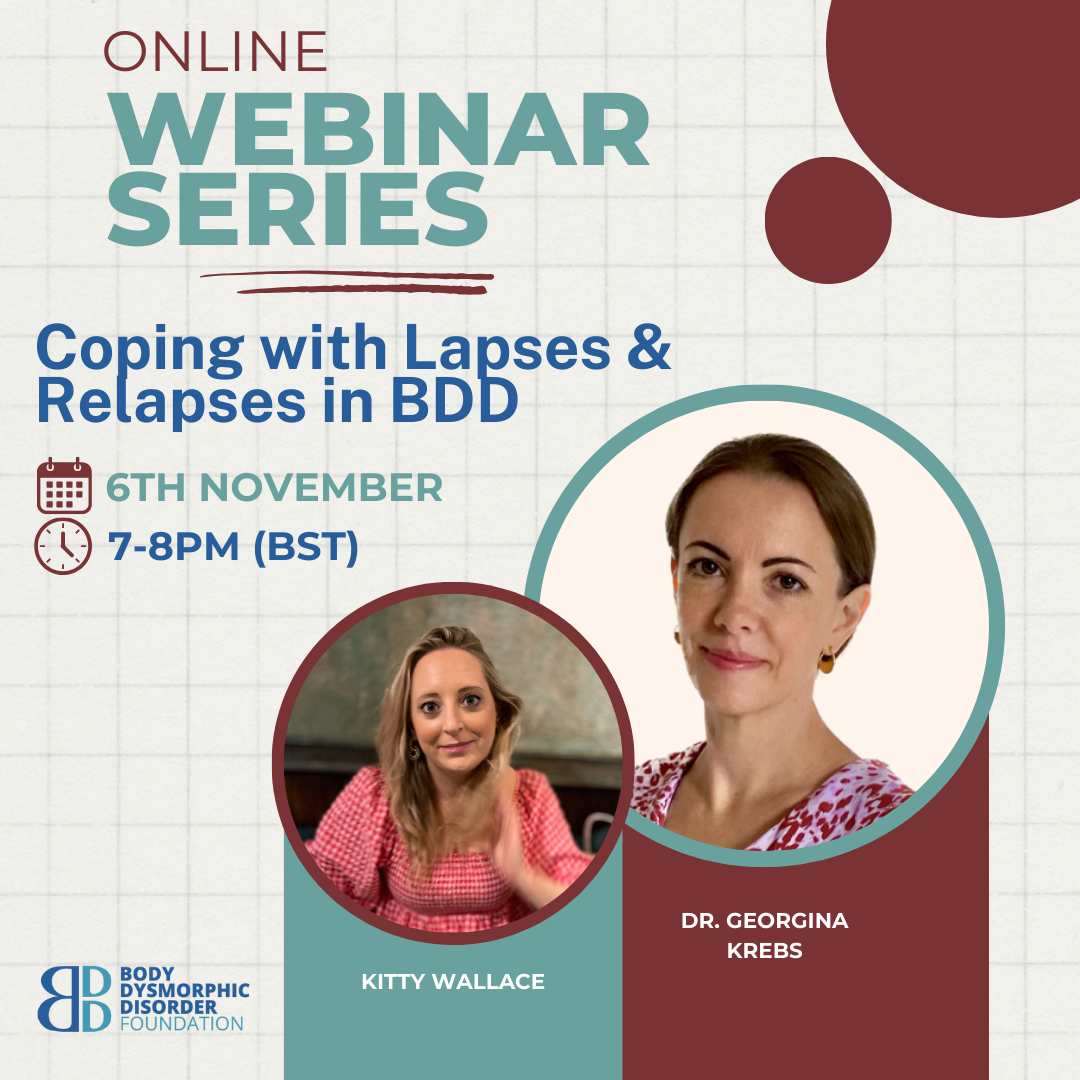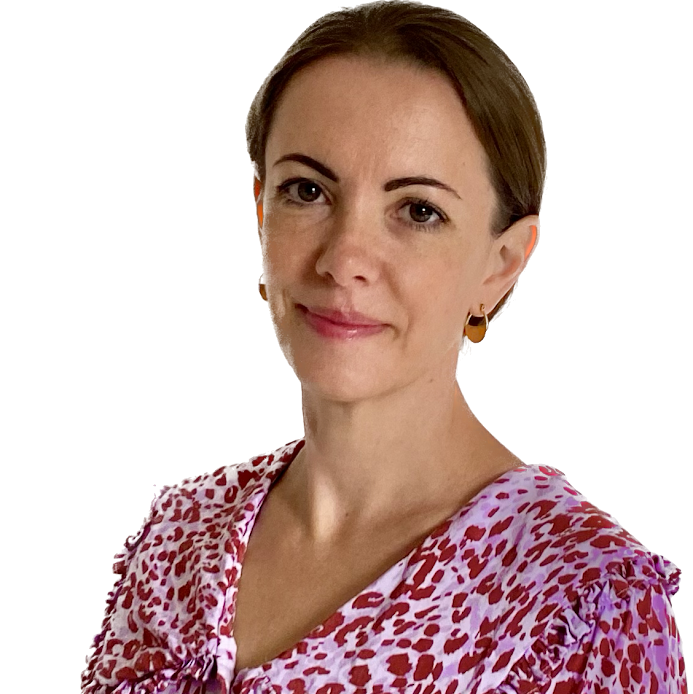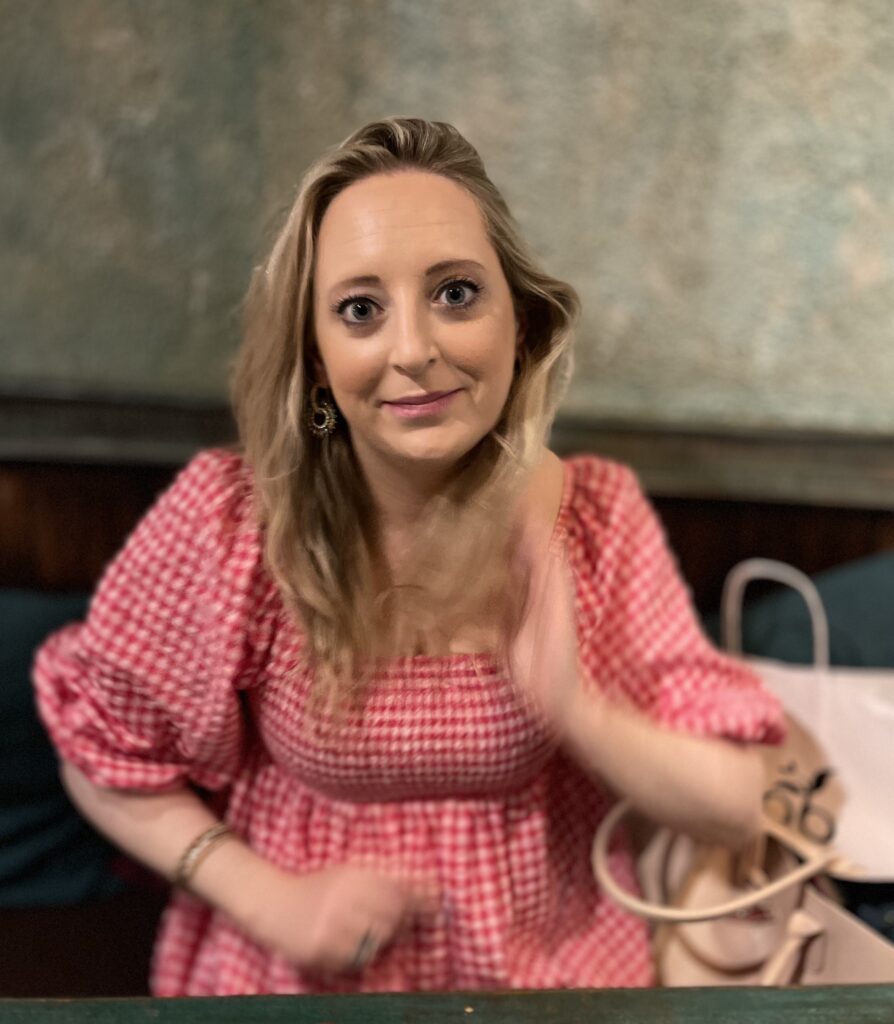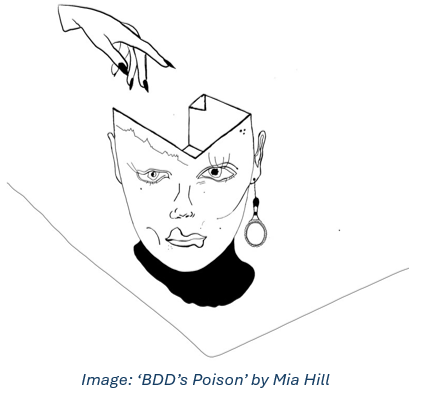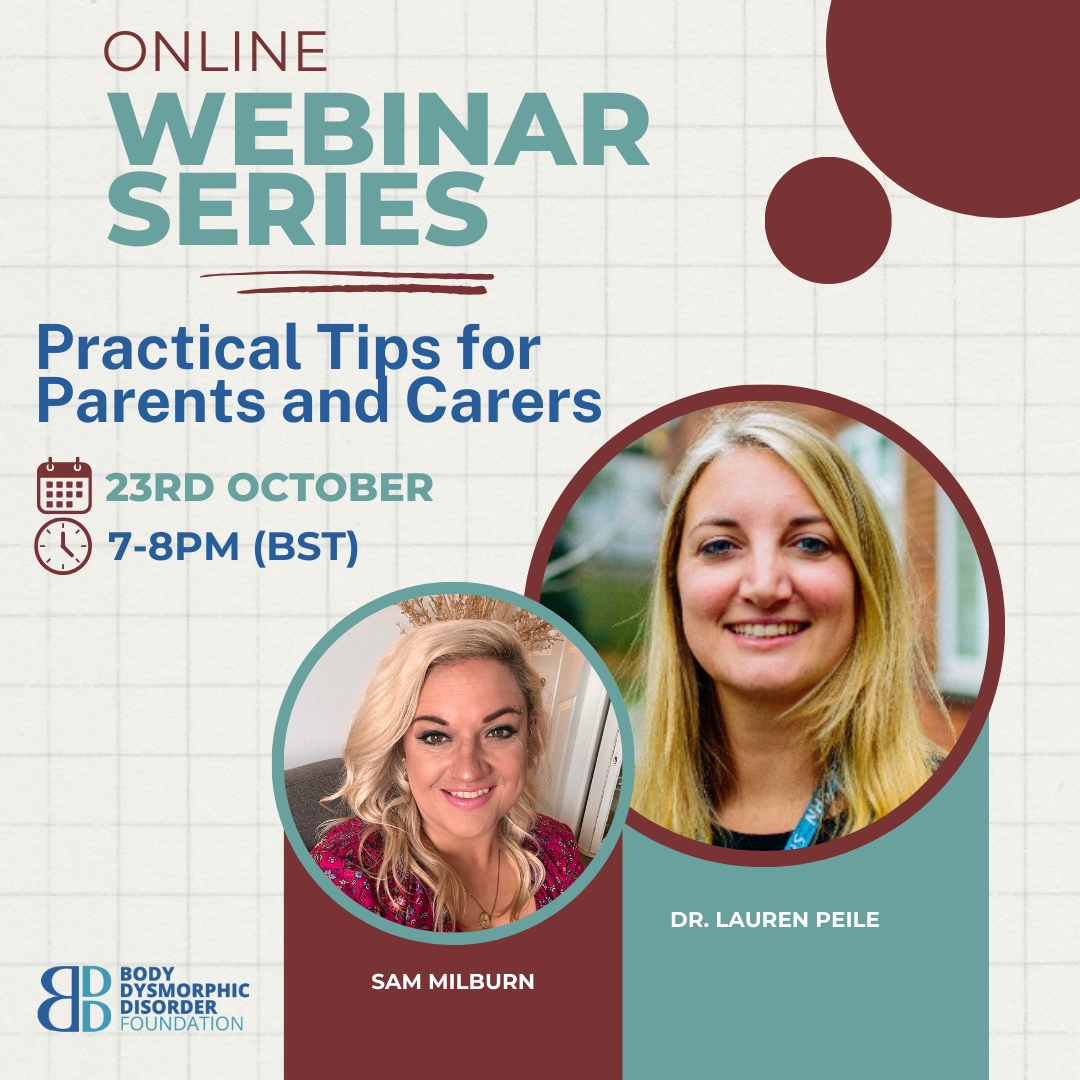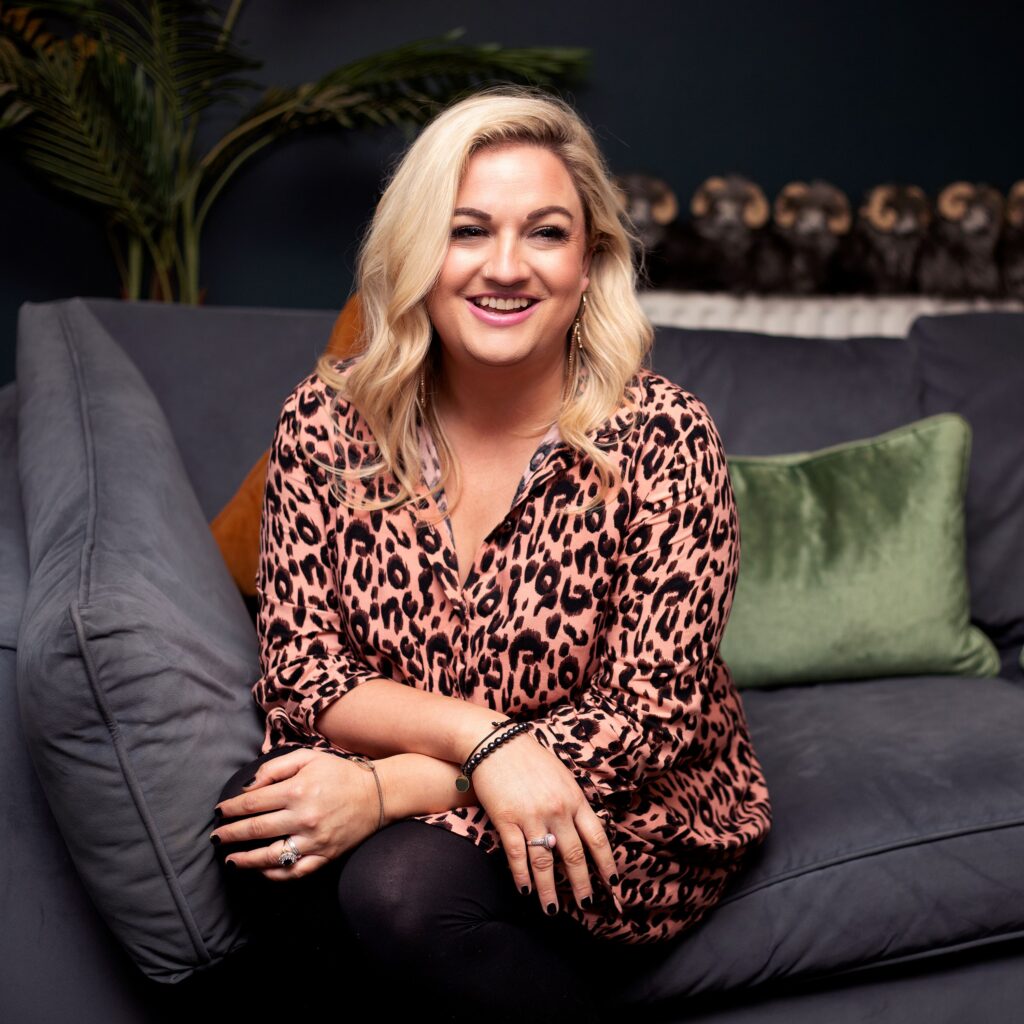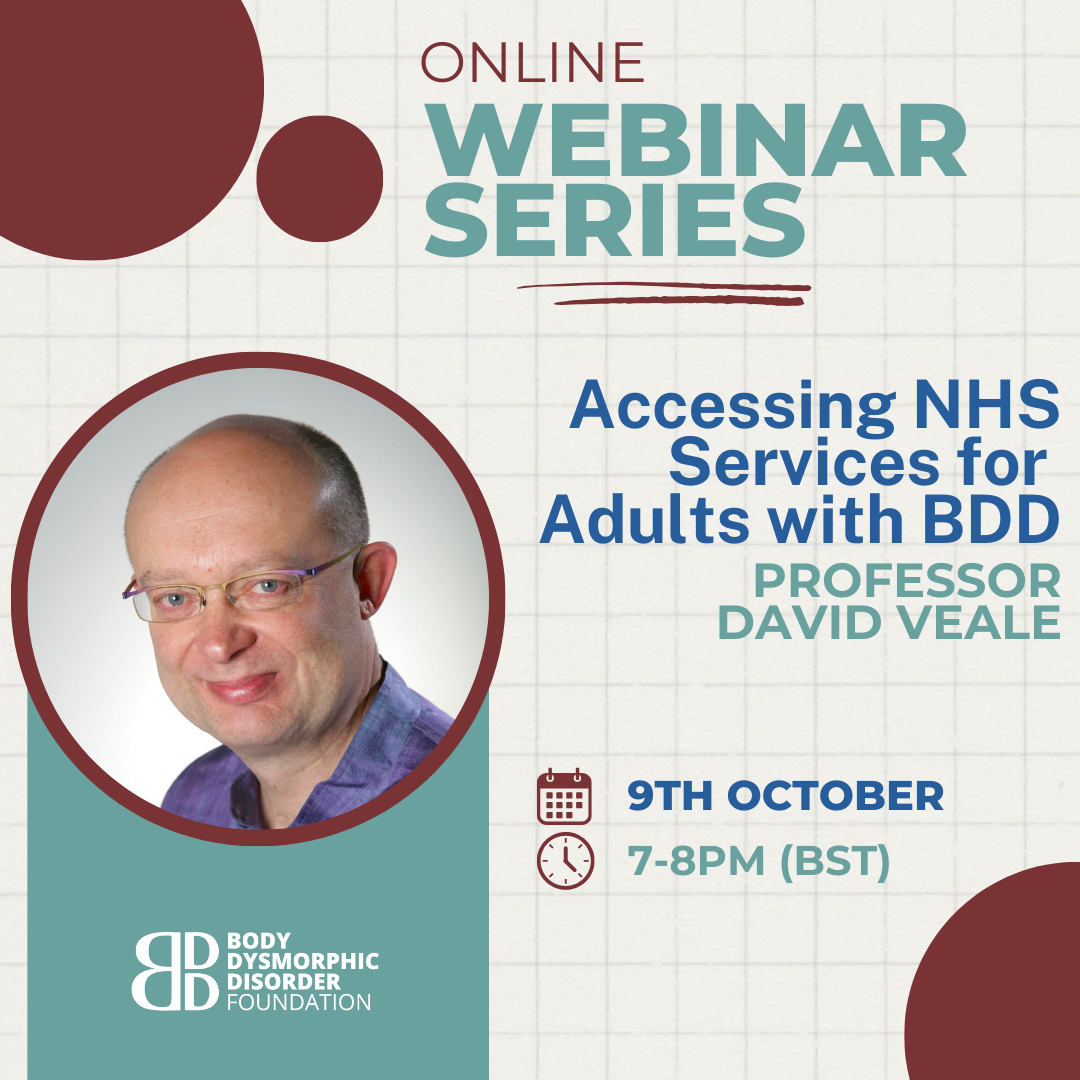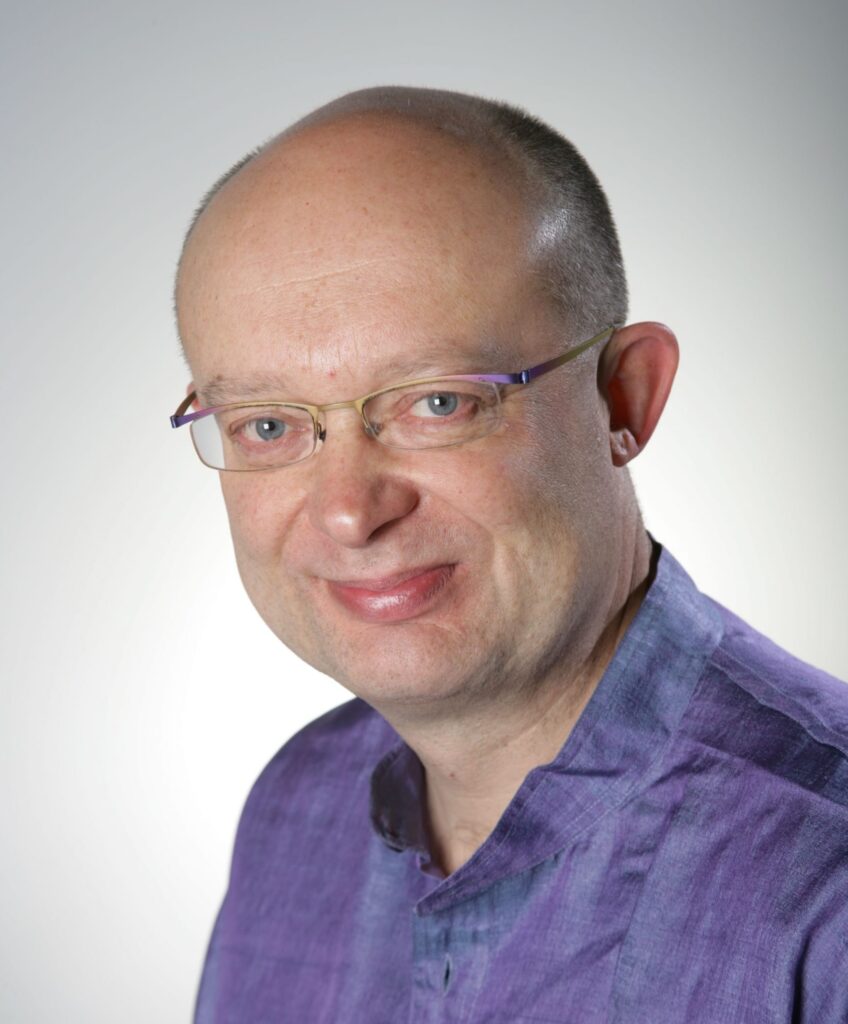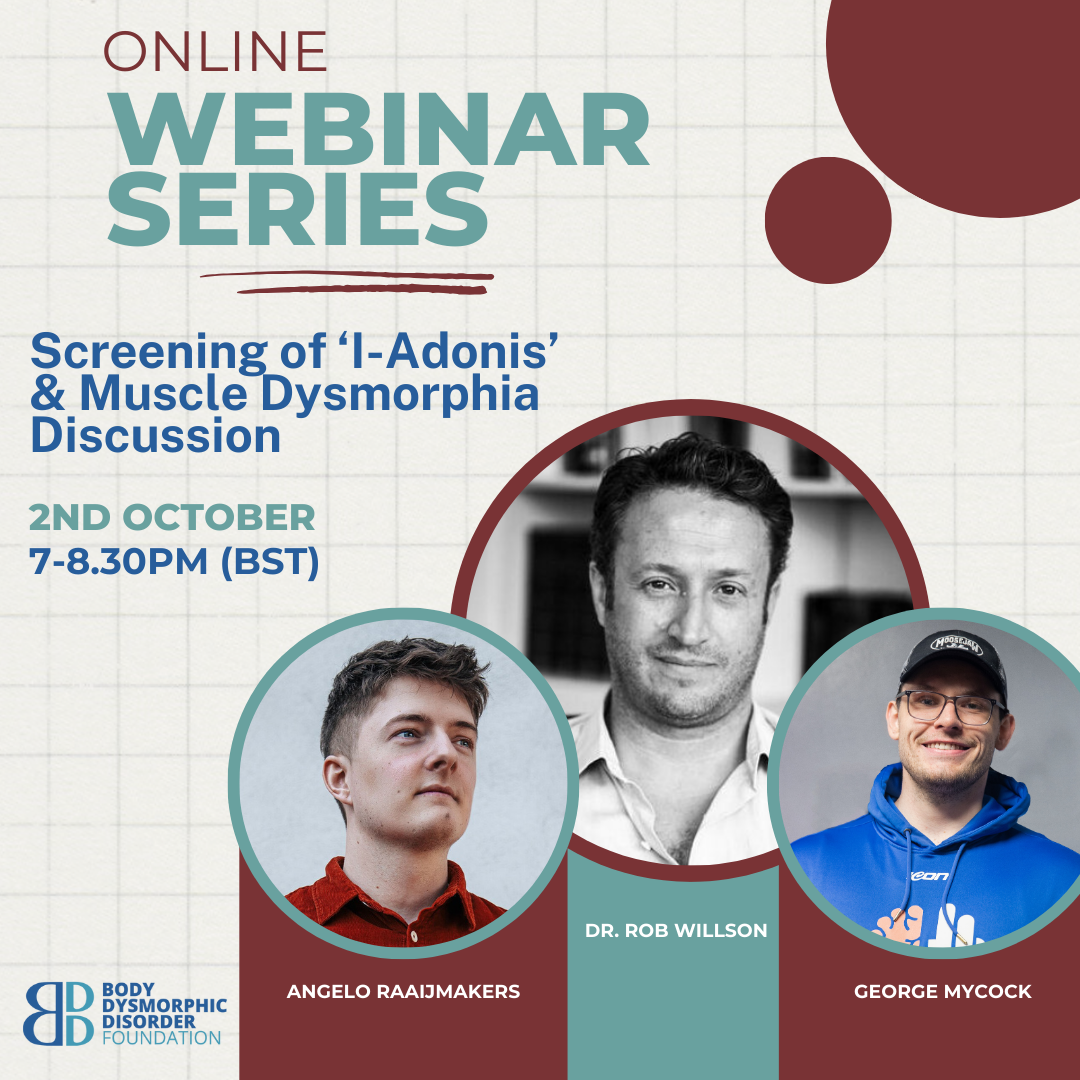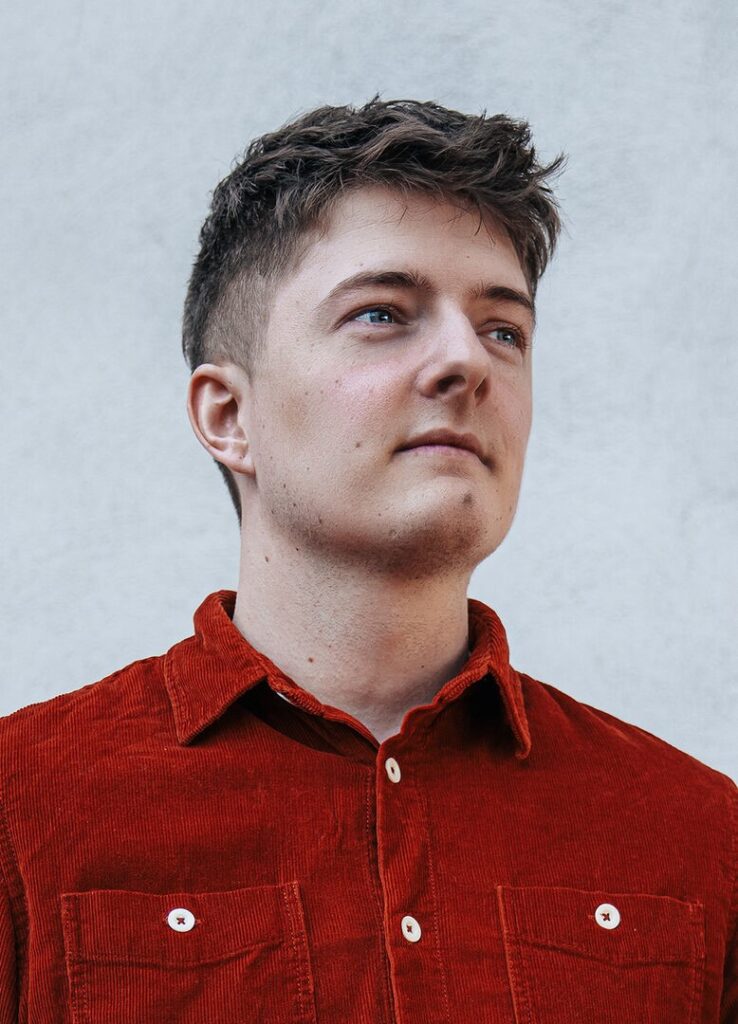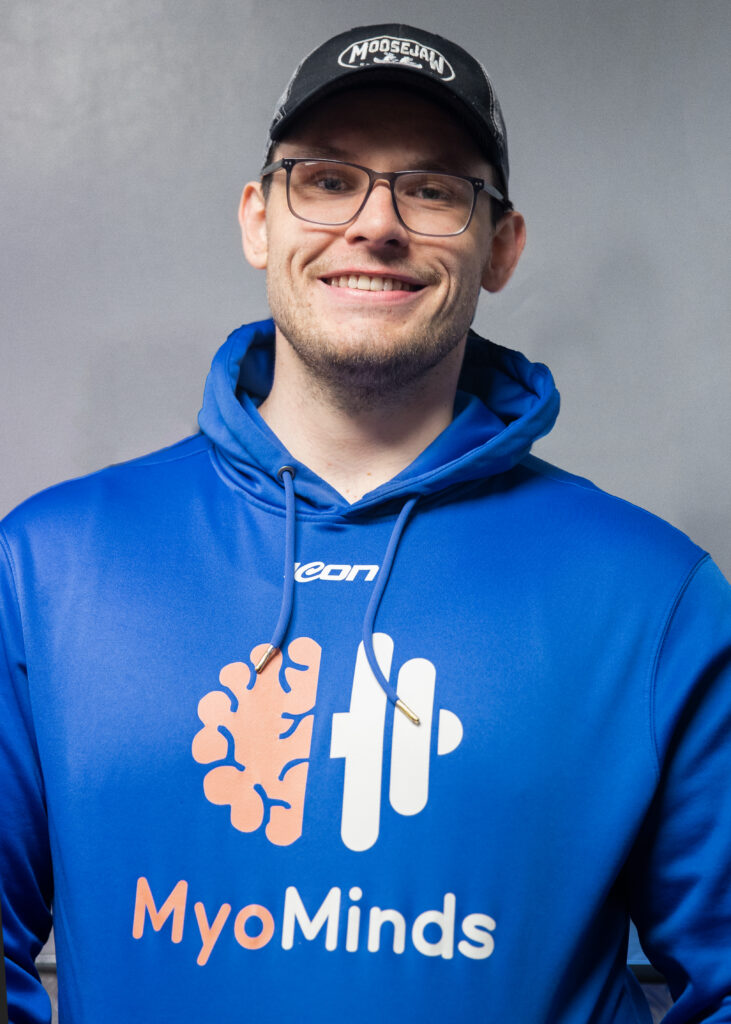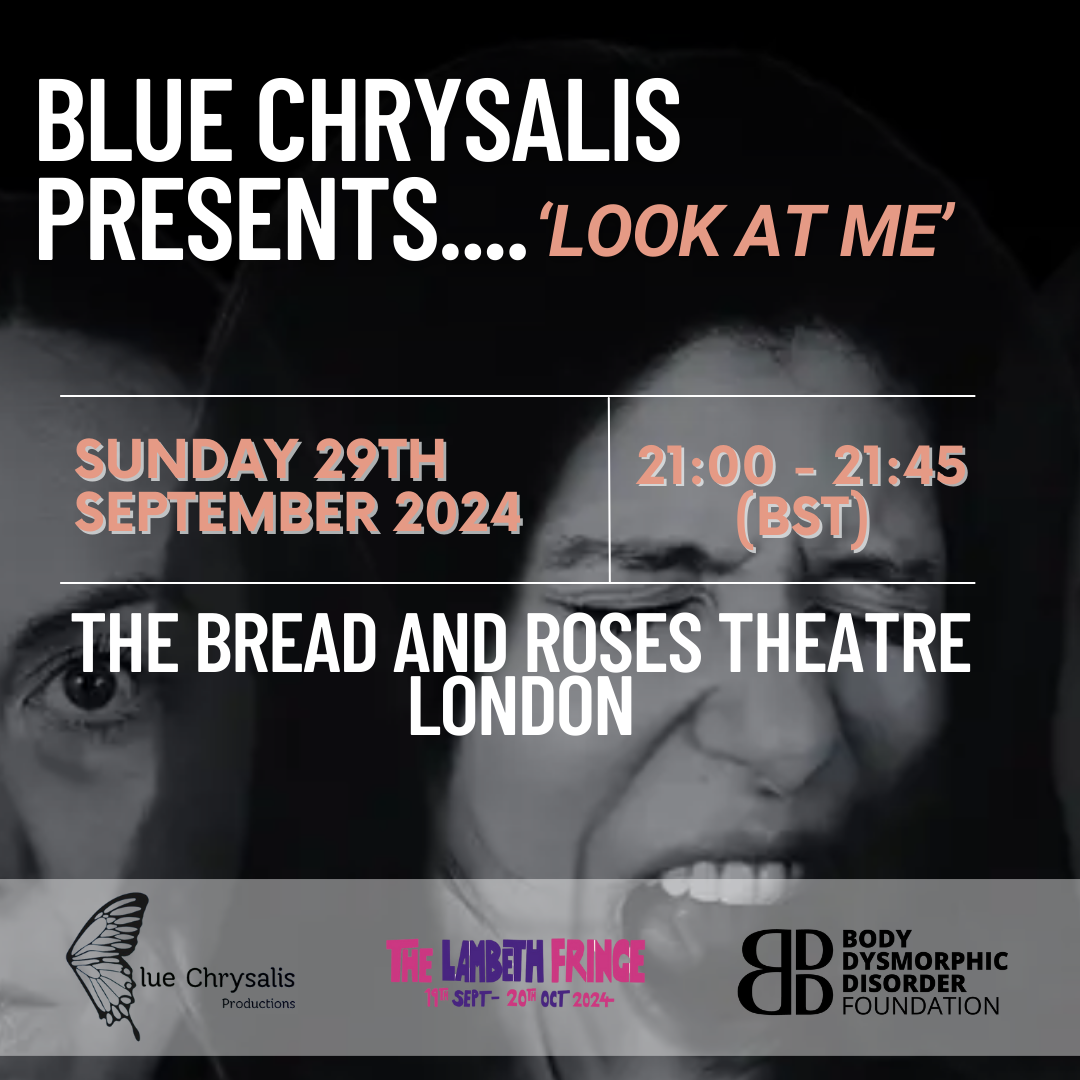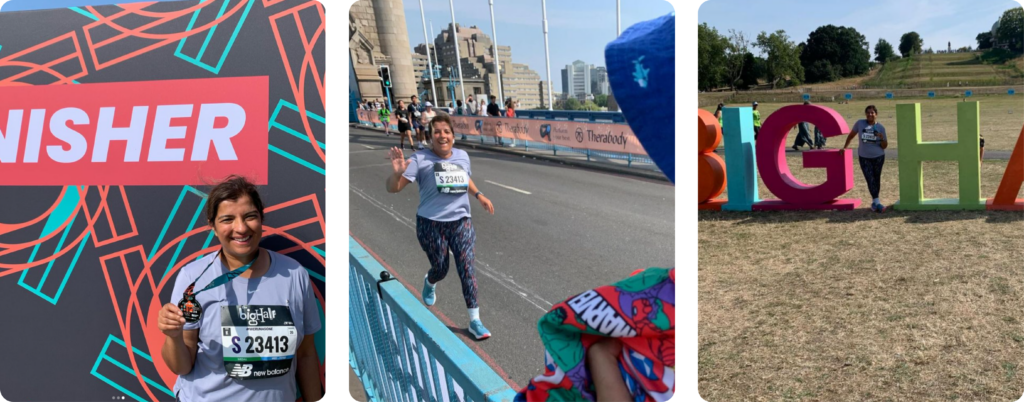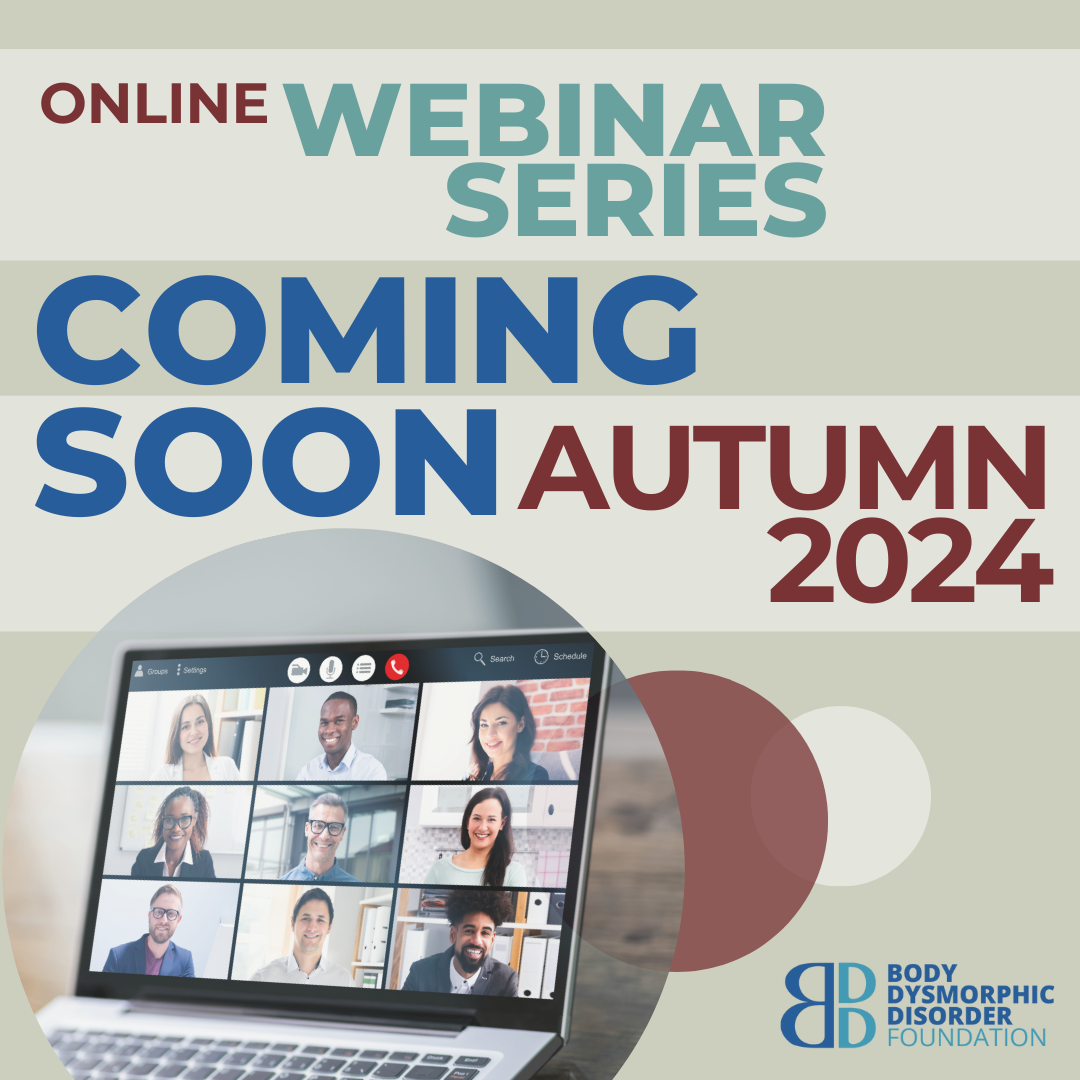BDD symptoms and shame are clearly linked, finds a new study led by UCL researchers.
The study, led by Dr Laura Pattison as part of her Doctorate in Clinical Psychology, explored the relationship between BDD symptoms, shame and childhood trauma.
342 adults from the community – some with BDD symptoms and some without – participated in the study. The sample was ¾ female, 2/3 heterosexual, and included adults aged 18-30 from a broad range of ethnic backgrounds.
The survey included standardised questionnaires capturing BDD symptoms1, as well as lived experiences of shame2, anxiety 3, low mood 4, and adverse childhood experiences, including abuse, neglect5, and difficult relationships with others, such as bullying6.
After reviewing the responses, results showed that BDD symptoms were strongly associated with shame. Strikingly, the relationship between BDD symptoms and shame was evident even when other negative emotions (anxiety and low mood), were taken into account. This shows us that shame is important in BDD in and of itself.
What’s more, this was true even when all questions about body shame were excluded from analyses – suggesting that a general sense of shame is connected to BDD symptoms. This was perfectly described by someone with lived experience of BDD*, who said:
“Even when you remove the appearance based, body stuff, that shame is still really, really present. It just takes over you – the ‘I’m not good enough’, ‘I’m not worthy’… BDD just tells you you’re a horrific, horrific person”.
The results of the study also showed that BDD symptoms were also connected abuse, neglect, and difficult relationships experienced in childhood (including bullying).
Researchers also found that there could be a potential link from these experiences in childhood to BDD via shame. This means shame could be an important link in the chain from childhood experiences to BDD.
This study is not without limitations: for one, it only examined symptoms of BDD rather than diagnosed BDD. Furthermore, it was based on self-report data from one group of people in one moment in time. This tells us very little about the long-term trajectory from childhood experiences to BDD, so cannot give us definite answers about causal pathways.
Despite its limitations, the findings do give us some important insight into what could cause BDD symptoms to develop. It also sheds some light on areas that could be useful to target in interventions. For example, clinicians offering assessments or treatments for BDD may need to be aware of the ways in which shame can show up.
“There’s a big element of shame in even admitting you think you might have [BDD]”. *
Helping people with BDD to feel safe enough to access treatment, when they may be living with so much shame, is crucial.
Treatments may also need to target shame directly. Compassion Focused Therapy (CFT), for instance, aims to reduce shame and build self-compassion.
“For me in my recovery, self-compassion was the biggest thing.” *
“When I first started [CFT], I thought it sounded like it wasn’t going to be very impactful, but … It saved my life.” *
Self-compassion interventions have been shown to be effective in treating mental illnesses such as anxiety, depression and eating disorders7, and there is emerging evidence that they may be helpful for BDD8. Larger-scale trials are now needed to fully evaluate how effective compassion-focused interventions can be in treating BDD.
* With thanks to our advisory group of people who have lived experience of BDD, for their input on this project and quotes about their own experiences.
References
1- Veale, D., Ellison, N., Werner, T. G., Dodhia, R., Serfaty, M. A., & Clarke, A. (2012). Development of a Cosmetic Procedure Screening Questionnaire (COPS) for Body Dysmorphic Disorder. Journal of Plastic, Reconstructive & Aesthetic Surgery, 65(4), 530–532.https://doi.org/10.1016/j.bjps.2011.09.007
2 – Andrews, B., Qian, M., & Valentine, J. D. (2002). Experience of Shame Scale. https://doi.org/10.1037/t39071-000
3 – Kroenke, K., Spitzer, R. L., Williams, J. B. W., Monahan, P. O., & Löwe, B. (2007). Anxiety Disorders in Primary Care: Prevalence, Impairment, Comorbidity, and Detection. Annals of Internal Medicine, 146(5), 317–325. https://doi.org/10.7326/0003-4819-146-5-200703060-00004
4 – Kroenke, K., Spitzer, R. L., & Williams, J. B. W. (2003). The Patient Health Questionnaire-2: Validity of a Two-Item Depression Screener. Medical Care, 41(11), 1284. https://doi.org/10.1097/01.MLR.0000093487.78664.3C
5 – Grabe, H. J., Schulz, A., Schmidt, C. O., Appel, K., Driessen, M., Wingenfeld, K., Barnow, S., Spitzer, C., John, U., Berger, K., Wersching, H., & Freyberger, H. J. (2012). [A brief instrument for the assessment of childhood abuse and neglect: The childhood trauma screener (CTS)]. Psychiatrische Praxis, 39(3), 109–115. https://doi.org/10.1055/s-0031-1298984
6 – Angelakis, I., & Gooding, P. (2020). A novel tool showing that perceptions of adverse social relationships in childhood were linked with mental health problems and suicidal experiences: Validation of the English version of the History of Social Punishment (HoSP) scale. Psychiatry Research, 285, 112807. https://doi.org/10.1016/j.psychres.2020.112807
7 – Ferrari, M., Hunt, C., Harrysunker, A., Abbott, M. J., Beath, A. P., & Einstein, D. A. (2019). Self-compassion interventions and psychosocial outcomes: A meta-analysis of RCTs. Mindfulness, 10(8), 1455–1473. https://doi.org/10.1007/s12671-019-01134-6
8 – Linde, J., Luoma, J. B., Rück, C., Ramnerö, J., & Lundgren, T. (2023). Acceptance and Compassion-Based Therapy Targeting Shame in Body Dysmorphic Disorder: A Multiple Baseline Study. Behavior Modification, 47(3), 693–718. doi.org/10.1177/01454455221129989

